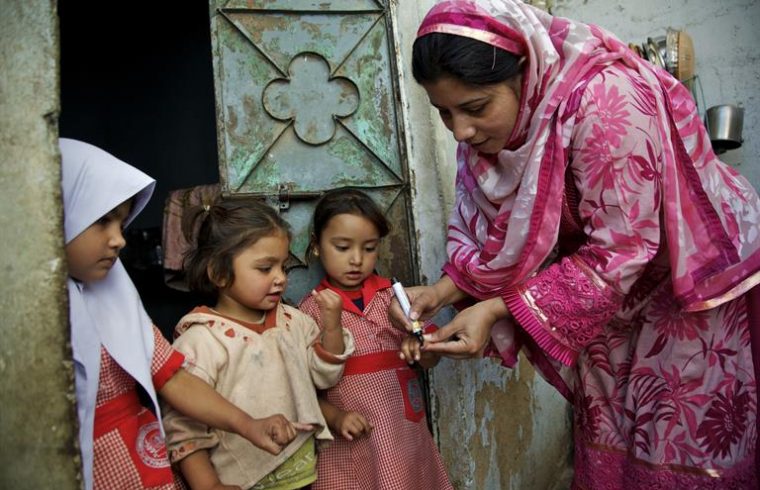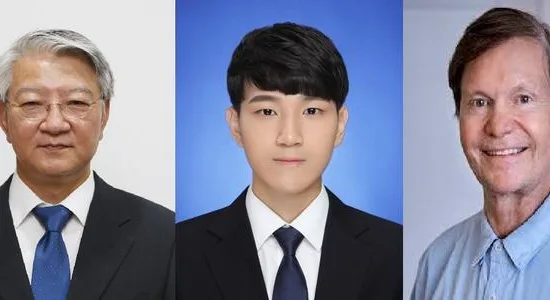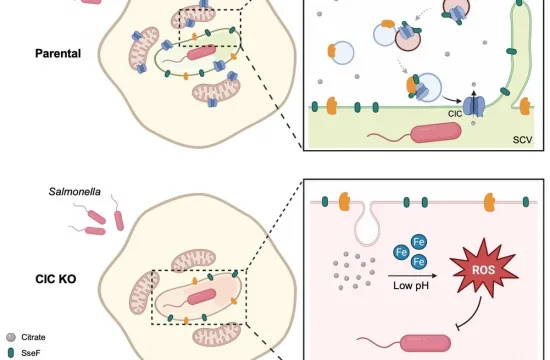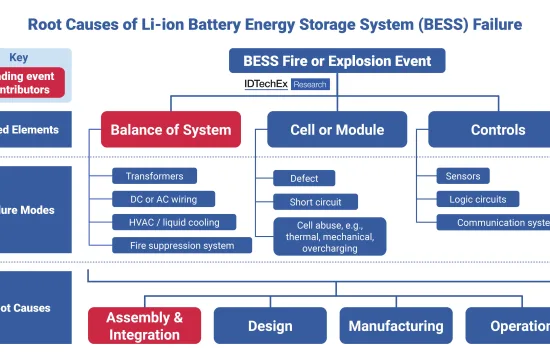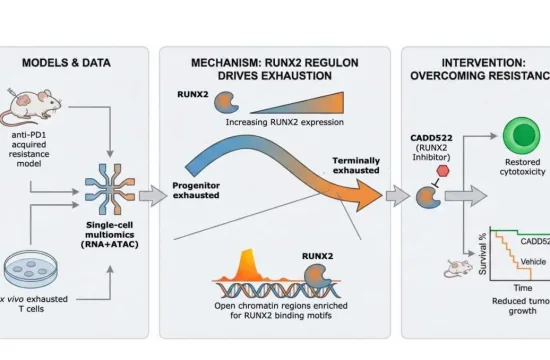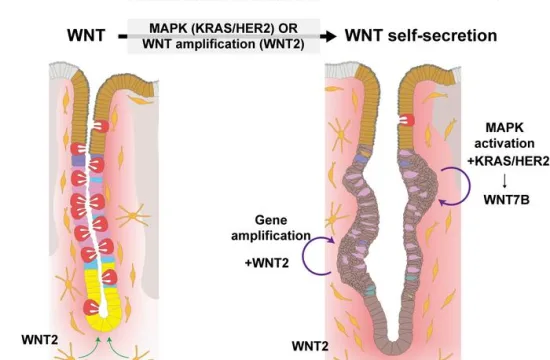|
Getting your Trinity Audio player ready...
|
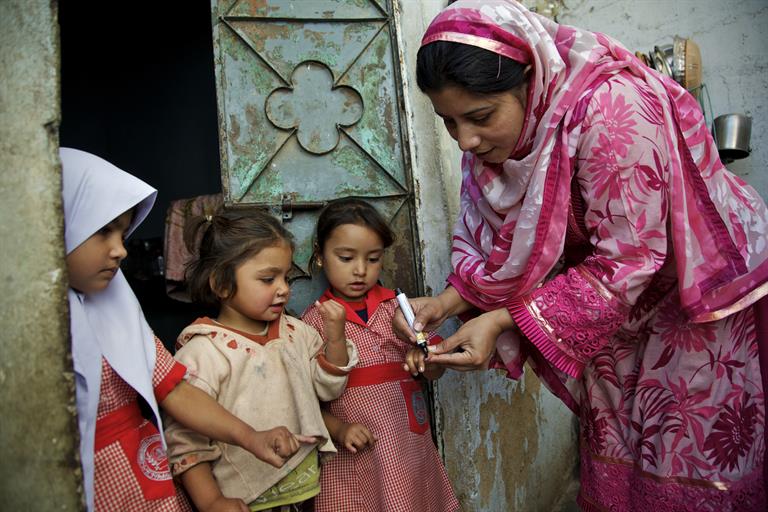
On the World Polio Day, WHO announces wild poliovirus type 3 (WPV3) has been eradicated worldwide.
Following the eradication of smallpox and wild poliovirus type 2, this news represents a historic achievement for humanity, according to WHO.
“The achievement of polio eradication will be a milestone for global health. Commitment from partners and countries, coupled with innovation, means of the three wild polio serotypes, only type one remains,” said Dr Tedros Adhanom Ghebreyesus, Director-General of the World Health Organization.
Dr. TA Ghebreyesus is also Chair of the Global Polio Eradication Initiative (GPEI) Polio Oversight Board has said, “We remain fully committed to ensuring that all necessary resources are made available to eradicate all poliovirus strains.”
“We urge all our other stakeholders and partners to also stay the course until final success is achieved.” he added,
There are three individual and immunologically-distinct wild poliovirus strains: wild poliovirus type 1 (WPV1), wild poliovirus type 2 (WPV2) and wild poliovirus type 3 (WPV3).
Symptomatically, all three strains are identical, in that they cause irreversible paralysis or even death. But there are genetic and virologic differences which make these three strains three separate viruses that must each be eradicated individually.
WPV3 is the second strain of the poliovirus to be wiped out, following the certification of the eradication of WPV2 in 2015.
The last case of WPV3 was detected in northern Nigeria in 2012. Since then, the strength and reach of the eradication programme’s global surveillance system has been critical to verify that this strain is truly gone.
Investments in skilled workers, innovative tools and a global network of laboratories have helped determine that no WPV3 exists anywhere in the world, apart from specimens locked in secure containment.
Eradicating WPV3 proves that a polio-free world is achievable. Key to success will be the ongoing commitment of the international development community.
To this effect, as part of a Global Health Week in Abu Dhabi, United Arab Emirates, in November 2019, the Reaching the Last Mile Forum will focus international attention on eradication of the world’s deadliest diseases and provide an opportunity for world leaders and civil society organizations, notably Rotary International which is at the origin of this effort, to contribute to the last mile of polio eradication.
The GPEI 2019–2023 Investment Case lays out the impact of investing in polio eradication. The polio eradication efforts have saved the world more than US$27 billion in health costs since 1988. A sustained polio-free world will generate further US$14 billion in savings by 2050, compared to the cost countries would incur for controlling the virus indefinitely.
The GPEI is a public-private global effort made up of national governments, partners including the World Health Organization, Rotary International, the US Centers for Disease Control and Prevention, UNICEF, the Bill & Melinda Gates Foundation and a broad range of long-term supporters.

